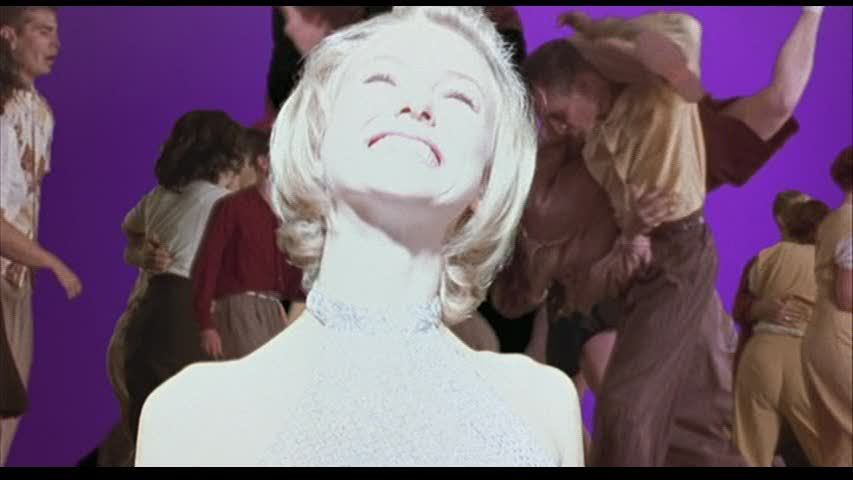
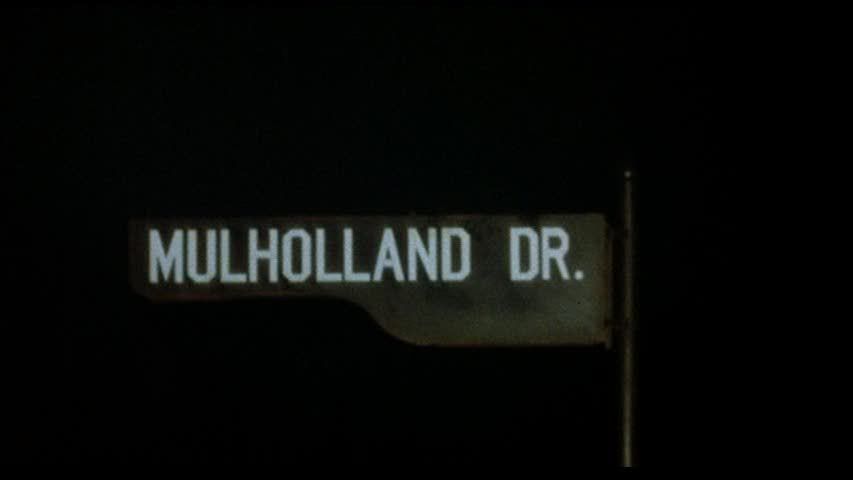
Mulholland Dr. is one of those films whose impact is so overwhelming for me that I hardly know where to begin when writing about it. When I walked outside after the first time I saw it, stepping out into a bright spring day, I felt disoriented, my entire way of looking at the world around me thoroughly, if temporarily, destabilized by the experience of this haunting, unsettling, deeply moving film. Referencing classic "double" films like Persona and Vertigo, David Lynch weaves an enigmatic tale of the cheery would-be actress Betty (Naomi Watts) and the amnesiac femme fatale Rita (Laura Elena Harding) — who later transform into Diane and Camilla, respectively. Before this happens though, Lynch blends together elements of film noir, shoot-em-up action, melodramatic romance, Westerns, mystery, slapstick comedy, exploitation pictures, and horror into a dense patchwork that's half Hollywood pastiche and half disorienting dream/nightmare. The Hollywood genre film, in all its myriad forms, is reborn with a twisted logic that allows scenes from very different genres to melt into one another — Hollywood's collective history reimagined as a feverish dream. It all spirals towards the awe-inspiring Club Silencio sequence, Lynch's masterpiece in miniature, a brilliant deconstruction of movie soundtracks and the "magic" of cinematic artifice. With this gesture, Lynch meditates on the profoundest mystery of the movies: how something we know to be "fake" and manufactured can nevertheless move us to our souls.
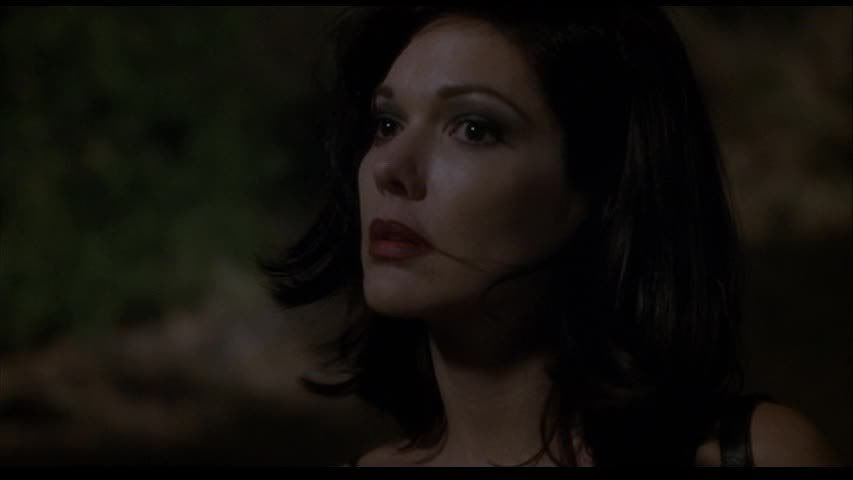
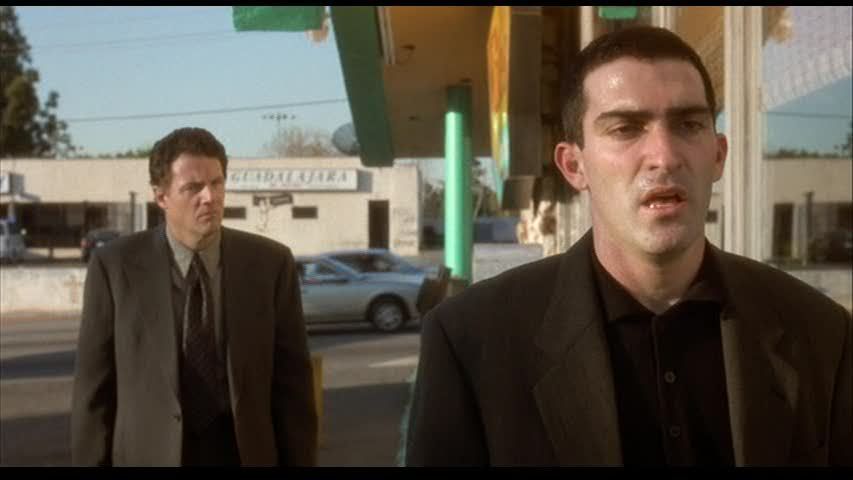
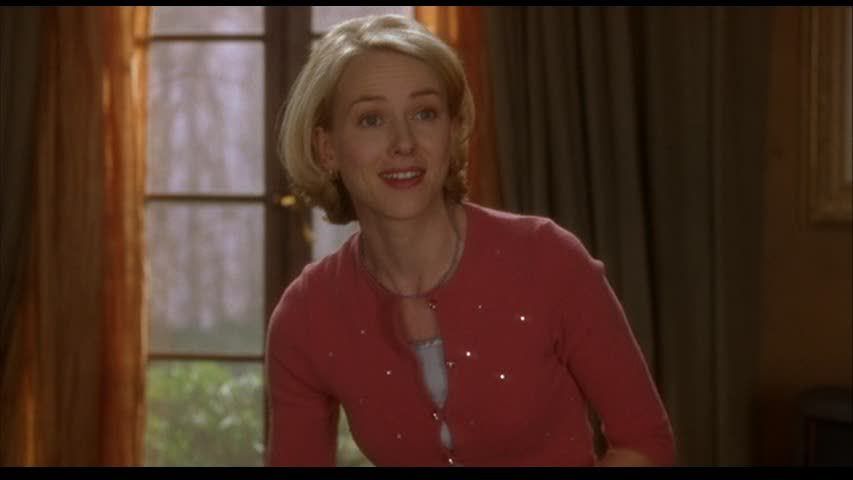
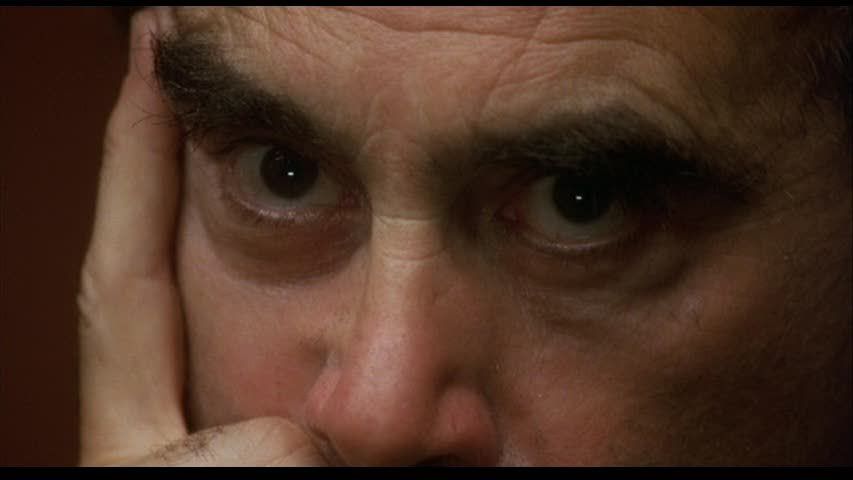
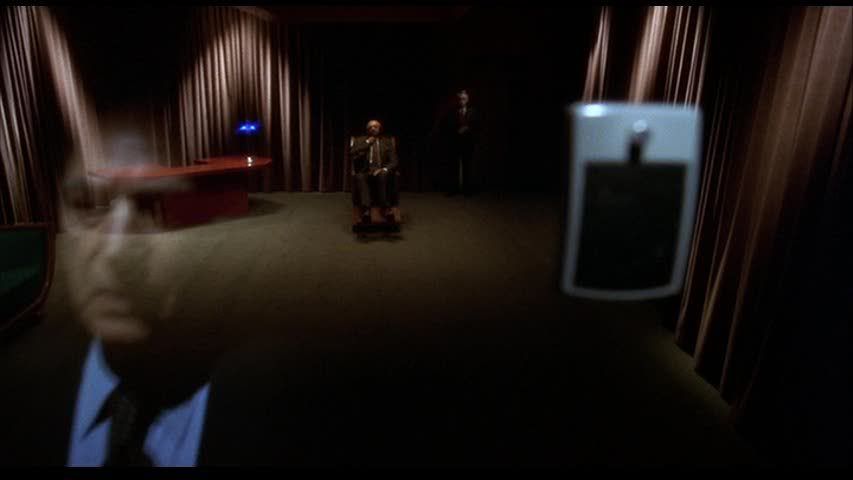
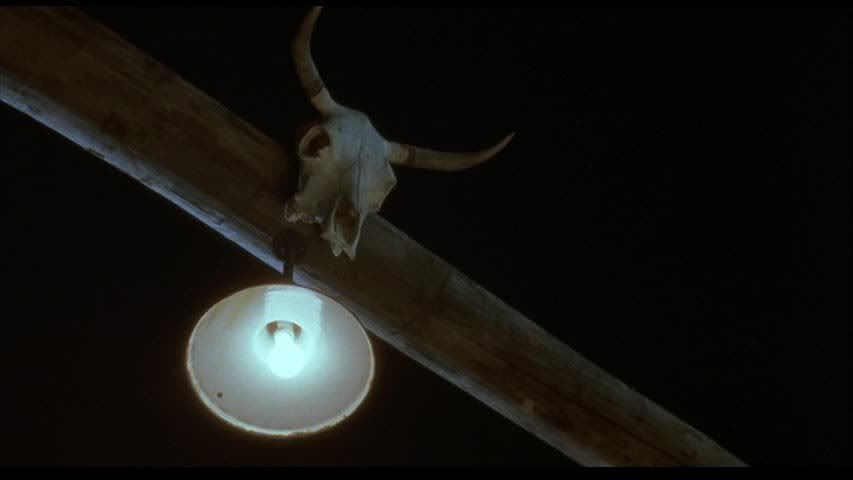
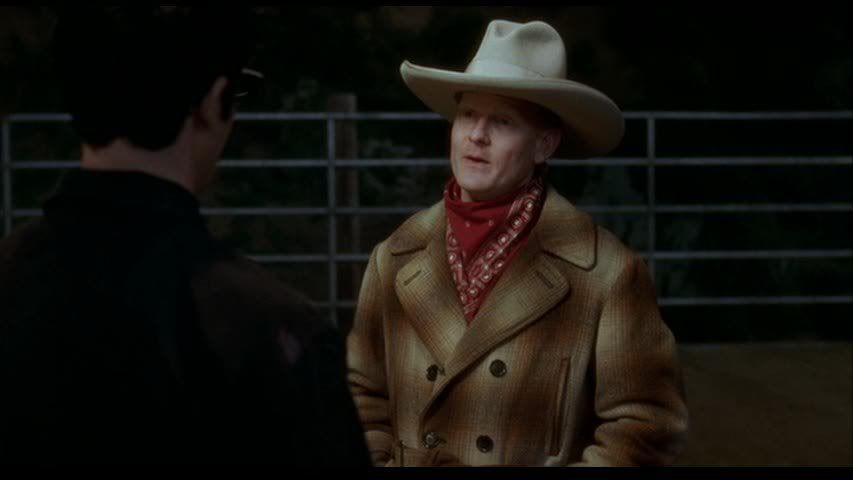
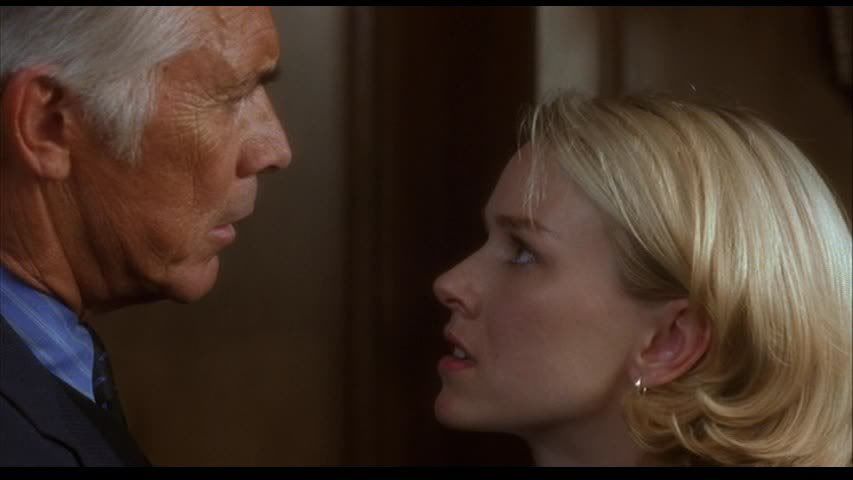

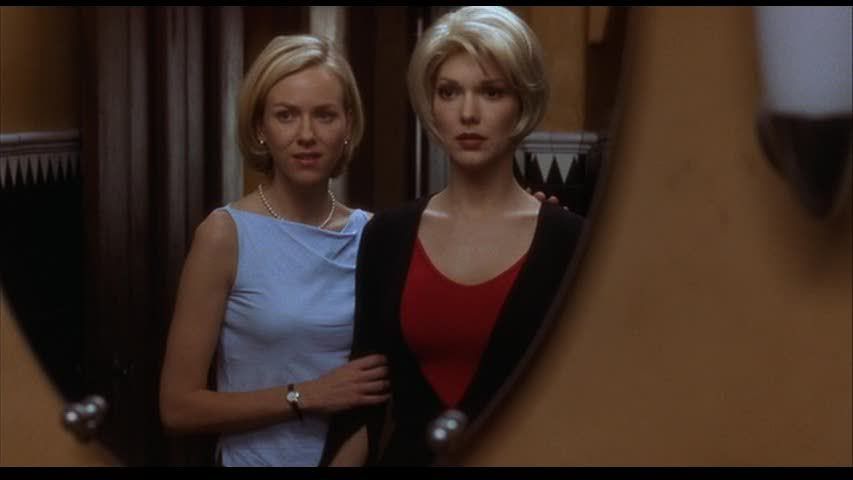
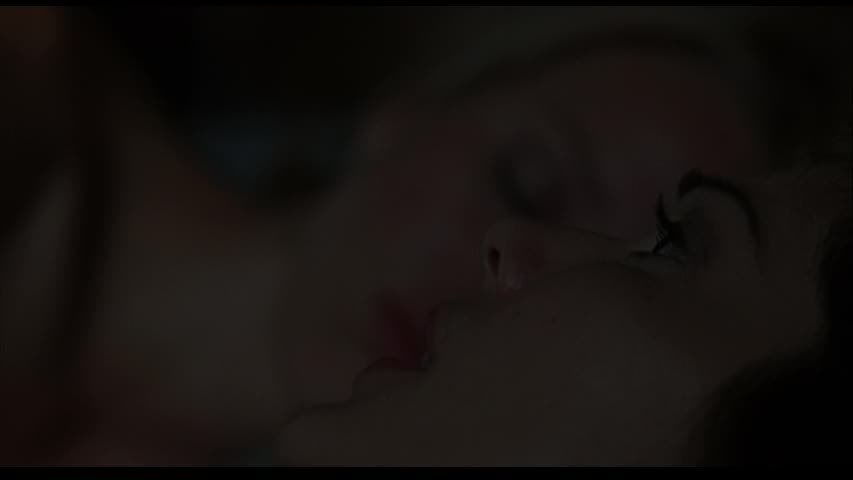
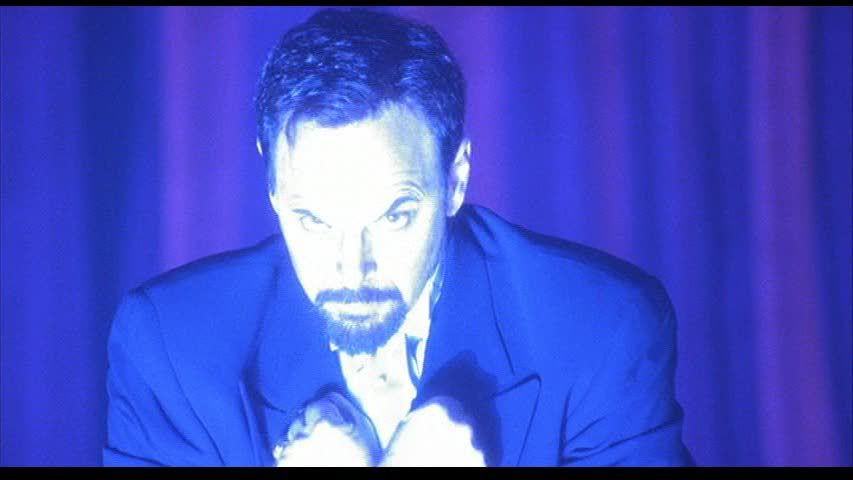
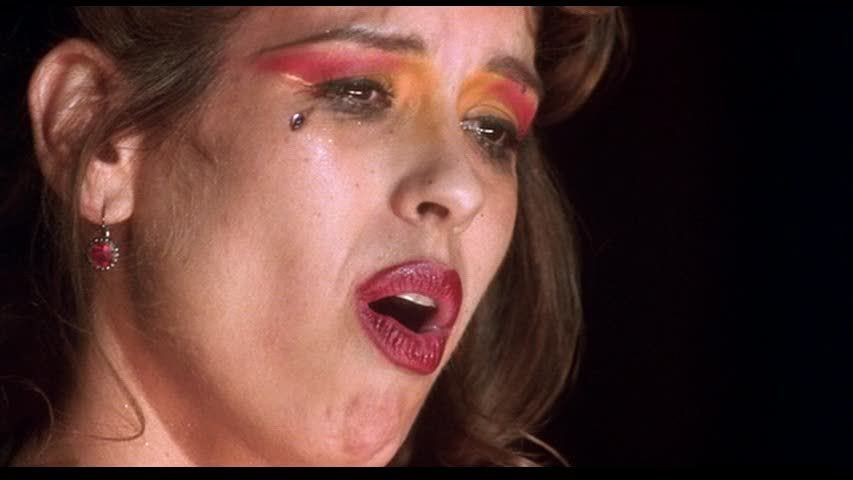
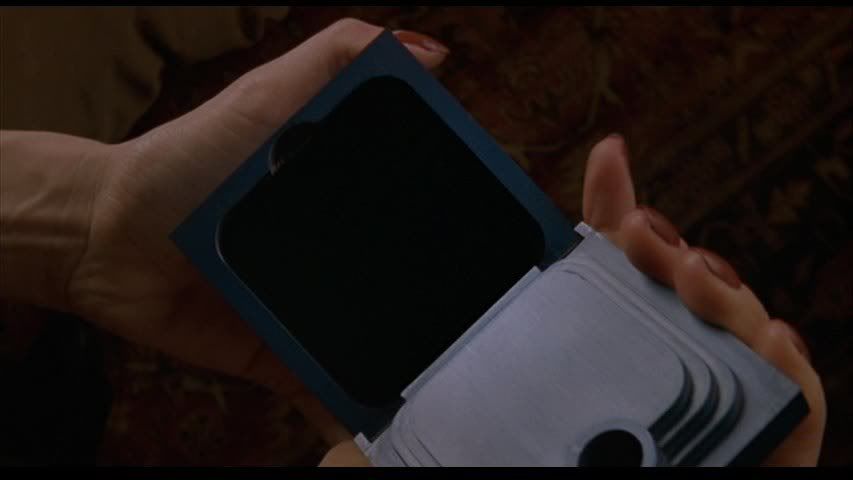
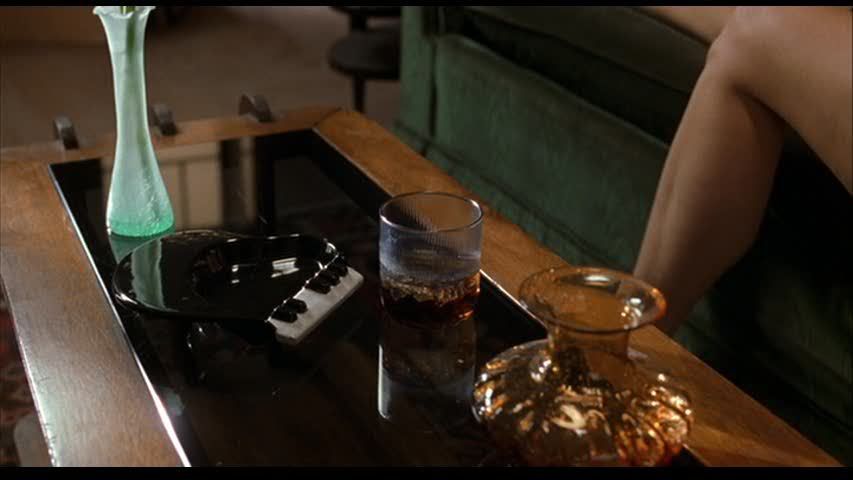
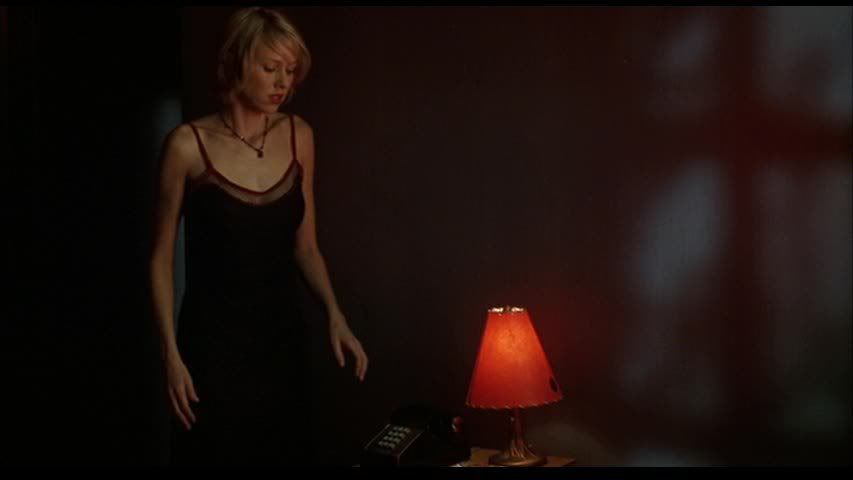


11 comments:
This film is one of my favorites as well.
While I think Inland Empire is a better representation of the "dream world" (at least my dreams), Mulholland does such a great job, as you mentioned, blending so many different genres. It's hard to imagine ANYONE pulling off all of those in one film, but with this dream world, Lynch does it almost effortlessly to where I didn't even notice how many different styles of film were at play until you pointed them out.
As of late, "beautiful women in trouble" seems to be Lynch's motif, and he's doing a heck of a job with it. The Club Silencio scene, as you say, really is proof that the fake can nevertheless move us. Betty/Diane is so desperate to escape the truth that she throws herself emotionally into every bit of the dream. She almost overdoes it, in a way.
Oh, and that scene in the diner, where the man speaks of his dream and we're taken out back behind the dumpster for a "reveal"... that just scared the living daylights out of me. Lynch really has a way of tapping into my personal nightmares.
I've been on a real Lynch kick lately (mostly from getting into Twin Peaks) and should be watching Inland Empire soon. As of now, Mulholland Drive remains my favorite film of his.
Jonathan,
Someone said recently that his "beautiful woman in trouble" theme seemed to emerge around Twin Peaks, crystallized with Fire Walk With Me (I wrote about the somewhat troubling way he does so in that movie here: http://thedancingimage.blogspot.com/2008/08/twin-peaks-fire-walk-with-me_09.html).
I've noticed that these later films are a lot dreamier, with more of a mystical overtone, than the earlier ones - or as I'd put it, Mulholland Dr. is Jung and Blue Velvet is Freud.
P.S. I too love that scene with the diner. It reminds me of the Twin Peaks sequence which reveals Bob for the first time. Still terrifying when I know what's coming...no one can do it like Lynch.
I have similar feelings about writing about this film. It's almost too personal for me, in terms of the impact it had on me. Even when I stand back from it though, it is such a masterful blend of so many different things that it is boggling to me that people hate this film and can't fall under its spell. I'm a pretty big Lynch nut, but this has become, without a doubt, my favorite Lynch film, and maybe my all-time favorite. Thanks for the images and write up! Always nice to remember the best.
You'll be happy to know that this is one of the films upcoming in My Greatest Films of the Decade series...now I have to be careful not to duplicate any of your perfectly picked captures.
Ed--do you know Reni Celeste's article on "Lost Highway"?
Hey Andrei,
Yes, I've read it, and it's available online for those who haven't. It's got some interesting ideas, especially in terms of its emphasis on the circularity of that film's narrative, which destabilizes narrative itself in favor of a neverending loop. In that respect, it's very different from Mulholland Dr., in which the narrative journey is neither linear nor circular but dichotomous -- we see the same story twice, once filtered and remade in dreams, and then again in "reality." It's also different from Inland Empire, in which the narrative is like a broken mirror, different shards reflecting fragments of stories and characters with no way of reassembling the whole into its former coherence. These three films make an interesting triptych, in that they each present different alternatives to straightforward linear narrative, and they each take different approaches to the central destabilization.
Celeste's article also seems to me to be stretching things a bit, in that typical academic way that strays so far from the film that he no longer seems to be even talking about it. In particular, his association of The Wizard of Oz with Lost Highway seems ill-supported, especially when more apt cinematic references like Kiss Me Deadly and Double Indemnity would have done more to illuminate the film's themes and its interactions with film history.
And this passage just makes me laugh:
"In _The Wizard of Oz_ the gendered limitations that mark the nice Midwestern girl, who forfeits the seductive red heels when she realizes her place really is in the home, mimic the limits of the Western metaphysical narrative ruled under the sign of logos, reason, and a Judeo-Christian God."
Oh, wow, I'm so about to bring a serious bummer into this conversation. Sorry in advance. Thanks for your answer, Ed! I was asking about Reni because she was a good friend of mine, and though I haven't read this article in a long time, I remember her talking about Lynch incessantly, and with the kind of love and intensity for his work that you seem to share... I'm saying "was" because she died a few years ago of cancer that struck her when she was much too young... Otherwise I'm sure she would have become one of the top film scholars in this country.
Wow, I'm very sorry to hear about that Andrei, I remember reading that article a while ago and browsed through it again when you brought it up. It's a very interesting take on the film, and I think you're probably right that she would have been a well-respected film scholar. Again, I'm sorry to hear that (and for mistakenly thinking she was a he in my reply above).
indeed maybe Lynch's most powerful film and my best for the decade. What did you think of Inland Empire?
I actually find this film a little too pat and a little too exploitative (in that usual Lynchian fetishistic way) for its own good. "Inland Empire" and "Lost Highway" are more extreme versions of similar themes, whereas this begs the viewer to make sense of it... which misses the point. Still, a superior film to 99% of everything else out there. But those who like it and haven't seen the aforementioned films should do themselves a favour.
Post a Comment